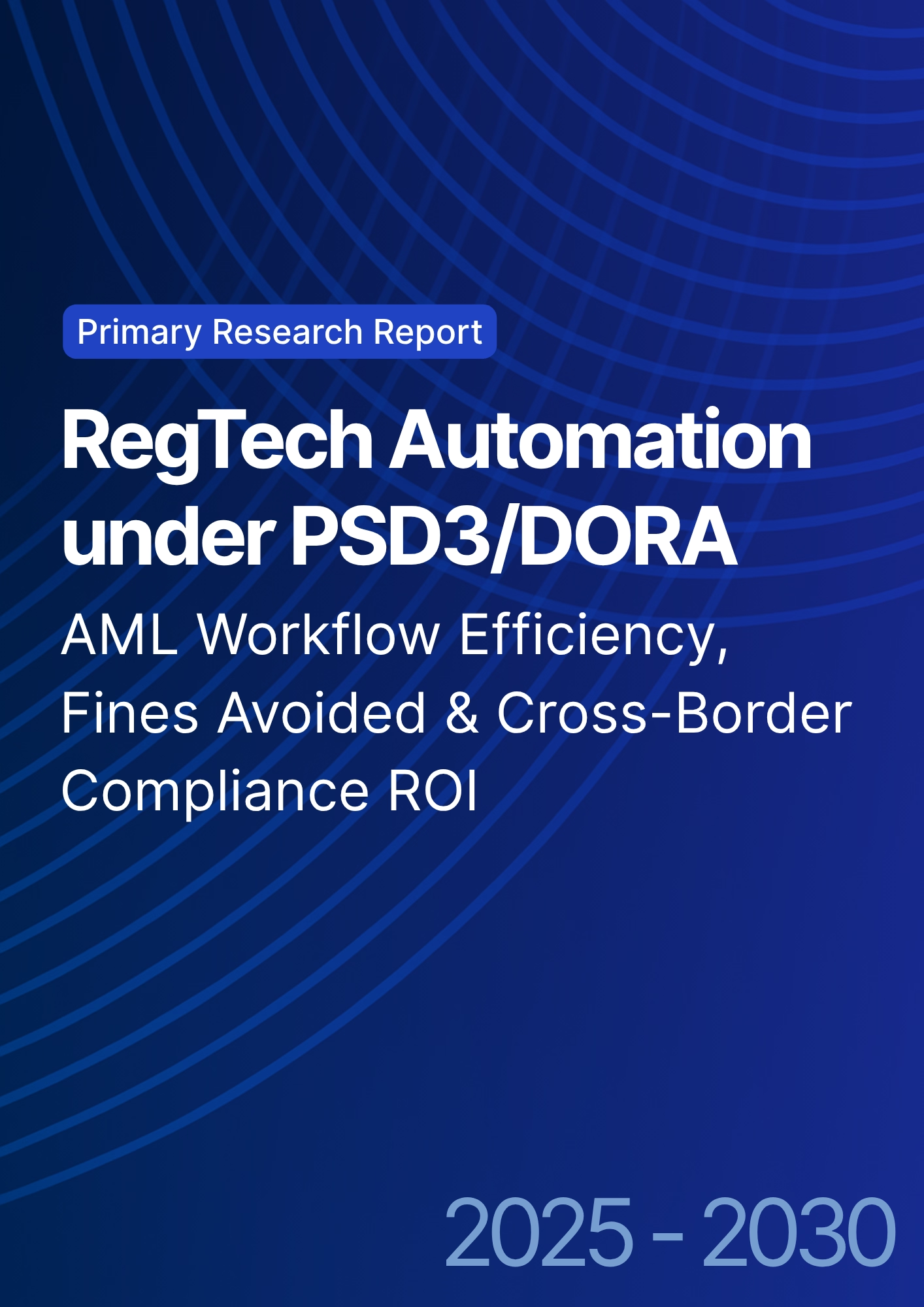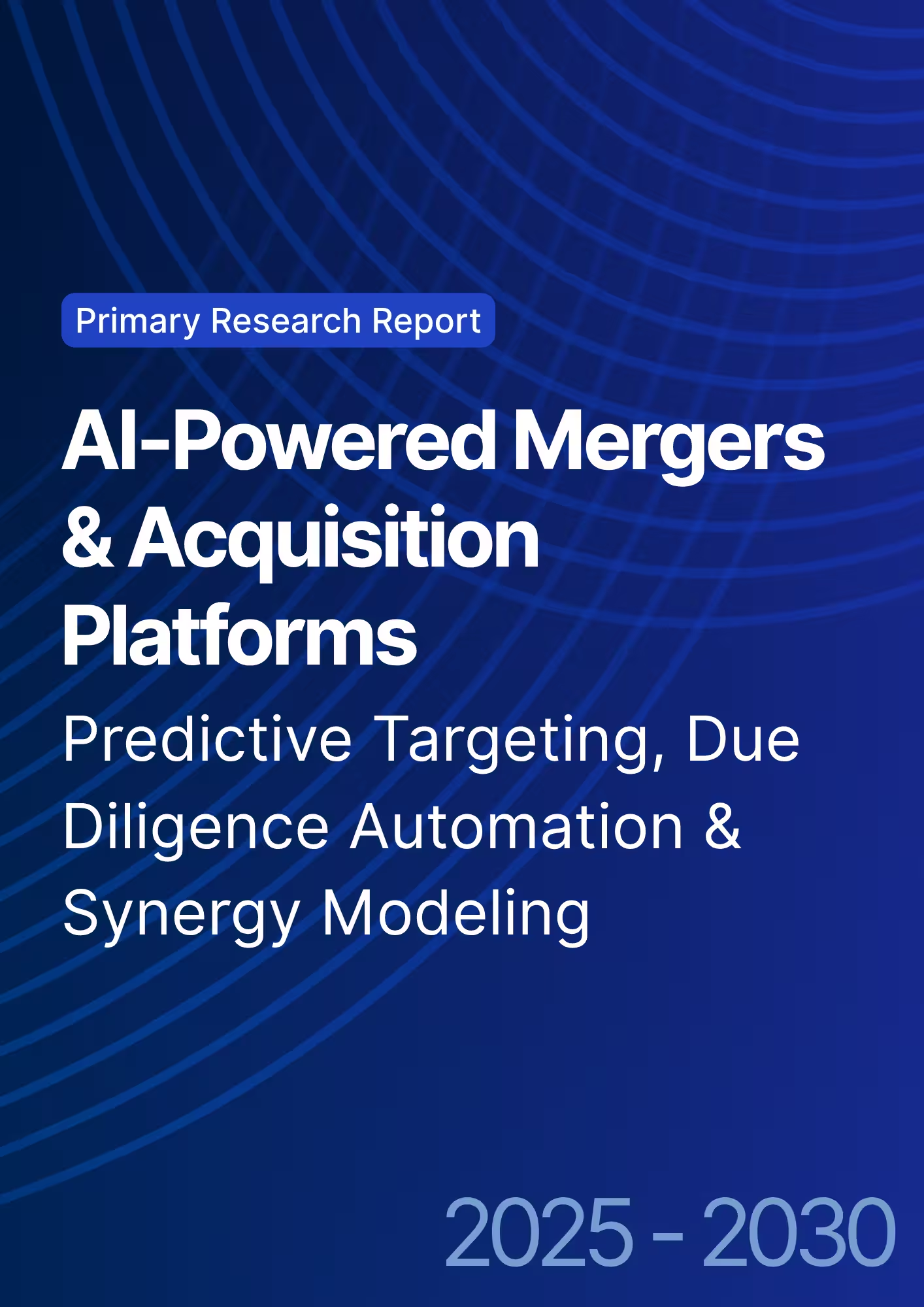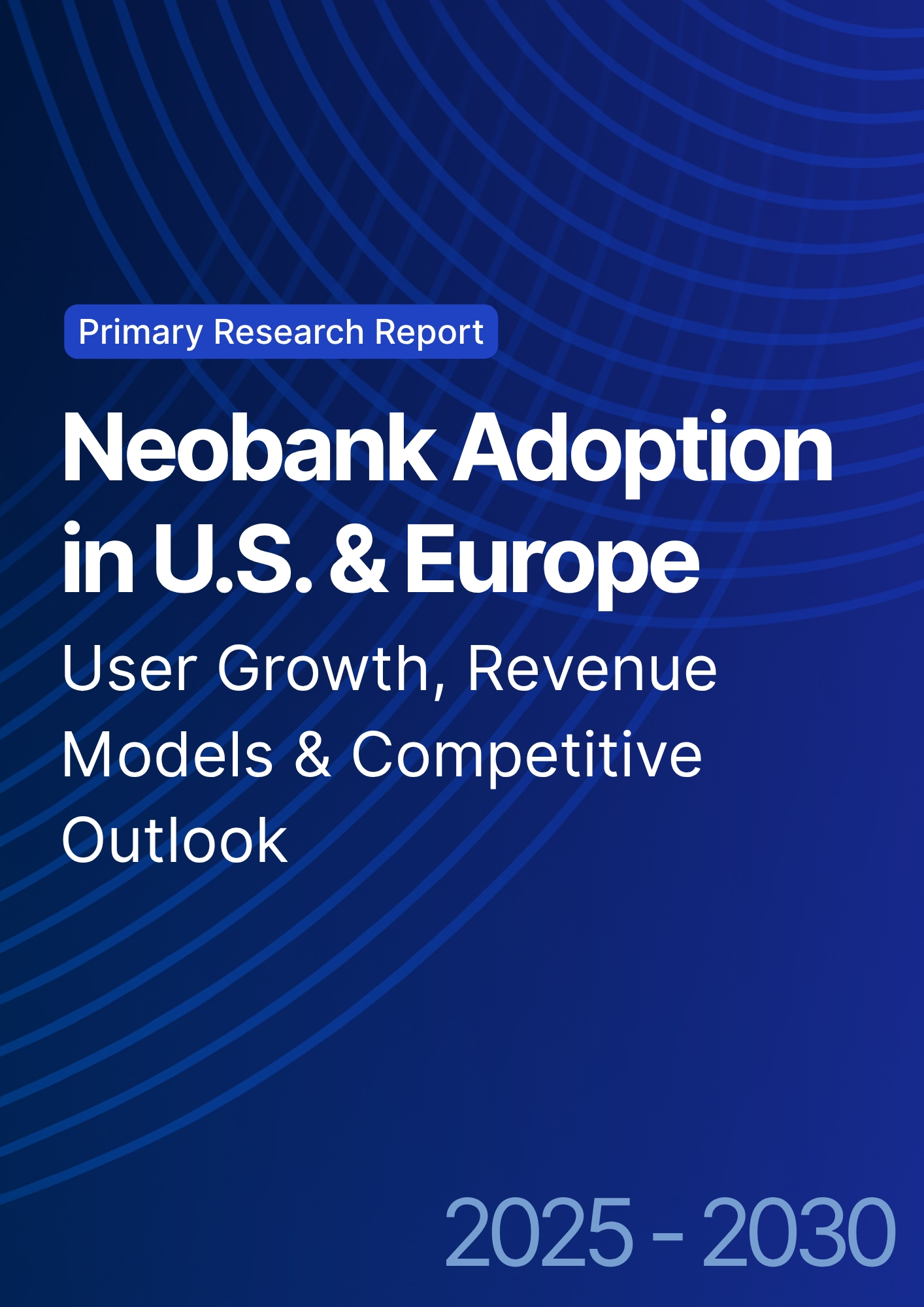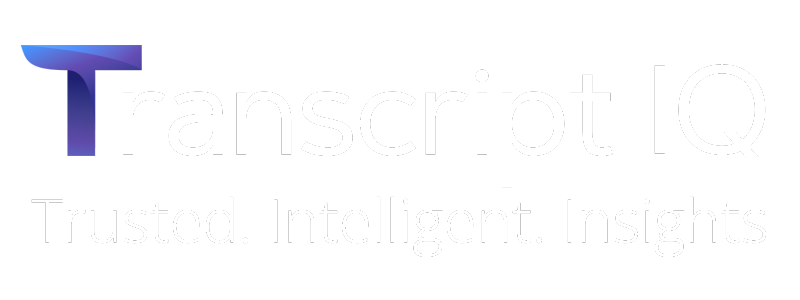

68 Circular Road, #02-01 049422, Singapore
Revenue Tower, Scbd, Jakarta 12190, Indonesia
4th Floor, Pinnacle Business Park, Andheri East, Mumbai, 400093
Cinnabar Hills, Embassy Golf Links Business Park, Bengaluru, Karnataka 560071
Connect With Us
RegTech Automation under PSD3/DORA: AML Workflow Efficiency, Fines Avoided & Cross-Border Compliance ROI
This research examines the role of RegTech automation under PSD3/DORA for AML workflow efficiency, fines avoidance, and cross-border compliance ROI in Europe (2025–2030). The report explores how RegTech solutions streamline anti-money laundering (AML) processes, improve regulatory reporting, and ensure compliance with new regulations. It quantifies the impact of automation on cost savings, reduced fines, and cross-border regulatory adherence. The study provides actionable insights for financial institutions looking to enhance compliance strategies and improve ROI from RegTech automation.

What's Covered?
Report Summary
Key Takeaways
- RegTech automation market under PSD3/DORA in Europe is projected to grow from €1.2 billion in 2025 to €7.5 billion by 2030, CAGR 45%.
- AML workflow efficiency with RegTech automation is expected to improve by 40% by 2030.
- Fines avoided due to RegTech adoption in AML compliance projected to reach €4 billion annually by 2030 in Europe.
- Cross-border compliance under PSD3/DORA is expected to improve by 30% with RegTech solutions.
- Automation of AML processes will reduce manual errors by 50% and improve reporting speed by 60%.
- Financial institutions adopting RegTech are expected to reduce AML operational costs by 25% by 2030.
- Regulatory adherence in the EU is expected to increase by 35% with the use of RegTech tools under PSD3/DORA.
- Cross-border regulatory alignment will be facilitated by RegTech, enabling seamless compliance across EU jurisdictions.
- Institutional adoption of RegTech solutions is projected to account for 80% of the market share by 2030.
- ROI from RegTech automation in AML workflows projected at 15–20% by 2030.
Key Metrics
Market Size & Share
The RegTech automation market under PSD3/DORA is projected to grow from €1.2 billion in 2025 to €7.5 billion by 2030, with a CAGR of 45%. The growing need for AML compliance, coupled with stricter regulations such as PSD3 and DORA, is driving this market expansion. Financial institutions are adopting RegTech tools to streamline their AML workflows, automate reporting, and ensure cross-border compliance. By 2030, AML workflow efficiency is expected to improve by 40%, reducing the burden on financial institutions to manually monitor and report suspicious activities. Fines avoided through the adoption of RegTech solutions are projected to reach €4 billion annually, as these technologies help institutions comply with PSD3/DORA and mitigate risks associated with non-compliance. Regulatory adherence across EU jurisdictions is expected to improve by 35% due to RegTech’s ability to provide standardized compliance solutions. AML process automation will reduce manual errors by 50% and improve reporting speed by 60%, leading to more timely and accurate regulatory submissions. The market will be dominated by institutional investors who will contribute 80% of the market share by 2030, driving the widespread adoption of RegTech automation across the financial sector. ROI from RegTech automation is projected at 15–20% by 2030, driven by cost savings, improved compliance efficiency, and reduced fines.
.png)
Market Analysis
The RegTech automation market for AML workflows under PSD3/DORA in Europe is set to grow significantly, from €1.2 billion in 2025 to €7.5 billion by 2030, with a CAGR of 45%. The adoption of automated AML systems is increasing rapidly as financial institutions strive to meet the regulatory requirements set by PSD3 and DORA. These regulations impose stringent standards for AML compliance, prompting financial institutions to seek solutions that enhance workflow efficiency. By 2030, AML workflow efficiency is expected to improve by 40%, allowing institutions to handle suspicious transactions and reporting obligations more effectively. Additionally, fines avoided due to RegTech adoption are expected to reach €4 billion annually, as institutions leverage automation to mitigate compliance risks. The use of RegTech will also enable cross-border compliance improvements, with 30% better alignment across EU jurisdictions. AML process automation will reduce manual errors by 50% and increase reporting speed by 60%, enhancing the overall efficiency of compliance workflows. The market will see institutional investors driving the adoption of these tools, accounting for 80% of the market share by 2030. The ROI from RegTech solutions is expected to reach 15–20% by 2030, as operational costs decrease, compliance efficiency increases, and regulatory fines are avoided.
Trends & Insights
The RegTech automation market in Europe under PSD3/DORA is experiencing rapid growth, with a projected market size increase from €1.2 billion in 2025 to €7.5 billion by 2030, CAGR 45%. Key trends driving this growth include the increasing adoption of AML workflow automation by financial institutions seeking to meet regulatory requirements under PSD3 and DORA. AML workflow efficiency is expected to improve by 40%, reducing the operational burden on institutions and improving compliance accuracy. False positives in fraud detection will decrease by 35% by 2030, improving the precision of transaction monitoring and reducing the number of false alerts. Cross-border compliance will improve by 30%, as RegTech solutions allow institutions to align AML processes across EU jurisdictions. By 2030, 80% of financial transactions will be processed through automated AML workflows, significantly enhancing operational efficiency. The adoption of RegTech solutions is projected to reduce AML operational costs by 25%, offering a more cost-effective solution for meeting regulatory demands. ROI from RegTech automation is expected to be 15–20% by 2030, driven by improved fraud prevention, faster compliance reporting, and reduced fines for non-compliance. Despite implementation challenges, such as high initial investment and data privacy concerns, RegTech will revolutionize AML compliance workflows across the region.
.png)
Segment Analysis
The RegTech automation market for AML compliance under PSD3/DORA is segmented by institution type, technology provider, and geographic region. By 2030, institutional investors will account for 80% of the market share, with banks, fintech firms, and insurance companies leading the adoption of RegTech solutions. AML workflow automation will improve efficiency by 40%, reducing manual interventions and streamlining compliance reporting. False positives in transaction monitoring will decrease by 35%, enhancing the accuracy and speed of fraud detection. The use of RegTech for cross-border compliance will increase by 30%, as institutions gain access to standardized compliance tools that ensure adherence to PSD3/DORA regulations across EU jurisdictions. The market will be driven by financial institutions seeking better solutions for AML risk management, fraud prevention, and regulatory reporting. ROI from RegTech adoption will be 15–20% by 2030, reflecting improvements in compliance efficiency, fraud detection, and cost savings from automated reporting systems. While implementation challenges such as integration complexity and data privacy concerns remain, the adoption of RegTech tools will ultimately lead to more cost-effective and efficient AML compliance.
Geography Analysis
The RegTech automation market for AML compliance under PSD3/DORA will be primarily driven by financial institutions in Europe, particularly in Germany, France, and the UK. By 2030, the market is projected to grow from €1.2 billion in 2025 to €7.5 billion, with EU institutions accounting for 80% of the market share. AML workflow efficiency will improve by 40%, as RegTech solutions enable institutions to automate transaction monitoring, reporting, and regulatory compliance more effectively. Cross-border compliance will improve by 30%, as RegTech providers offer solutions that align with EU-wide regulations and enable better compliance in multiple jurisdictions. False positives in fraud detection will decrease by 35%, improving customer satisfaction and reducing the number of regulatory breaches. ROI from RegTech automation in AML compliance is projected to be 15–20% by 2030, driven by improved operational efficiency, faster reporting, and reduced penalties for non-compliance. Despite challenges like data privacy concerns and the high cost of implementation, institutional adoption will continue to grow, as financial institutions look to enhance their AML compliance capabilities and meet regulatory demands under PSD3/DORA.
.png)
Competitive Landscape
The RegTech automation for AML market under PSD3/DORA is highly competitive, with leading players such as Trulioo, Fenergo, ComplyAdvantage, and Amlify offering AML compliance solutions for financial institutions. These companies will dominate the EU market, providing automated fraud detection, transaction monitoring, and real-time compliance tools. Banks, fintech companies, and insurance firms will drive the adoption of RegTech solutions, which will enable faster, more accurate fraud detection and reduced fines for non-compliance. The ROI from RegTech automation is projected to be 15–20% by 2030, driven by improved operational efficiency, cost savings, and reduced fraud-related losses. Cross-border compliance will increase by 30%, allowing global financial institutions to standardize AML processes across EU jurisdictions. The competitive advantage will lie in the ability of RegTech providers to integrate their solutions with existing systems, provide comprehensive regulatory reporting capabilities, and comply with data privacy regulations like GDPR. As institutional investors continue to drive demand for AML automation, the competitive landscape will be shaped by partnerships between financial institutions and RegTech providers, creating more scalable and efficient AML compliance solutions.
Report Details
Proceed To Buy
Want a More Customized Experience?
- Request a Customized Transcript: Submit your own questions or specify changes. We’ll conduct a new call with the industry expert, covering both the original and your additional questions. You’ll receive an updated report for a small fee over the standard price.
- Request a Direct Call with the Expert: If you prefer a live conversation, we can facilitate a call between you and the expert. After the call, you’ll get the full recording, a verbatim transcript, and continued platform access to query the content and more.


68 Circular Road, #02-01 049422, Singapore
Revenue Tower, Scbd, Jakarta 12190, Indonesia
4th Floor, Pinnacle Business Park, Andheri East, Mumbai, 400093
Cinnabar Hills, Embassy Golf Links Business Park, Bengaluru, Karnataka 560071
Request Custom Transcript
Related Transcripts
$ 1450


68 Circular Road, #02-01 049422, Singapore
Revenue Tower, Scbd, Jakarta 12190, Indonesia
4th Floor, Pinnacle Business Park, Andheri East, Mumbai, 400093
Cinnabar Hills, Embassy Golf Links Business Park, Bengaluru, Karnataka 560071













